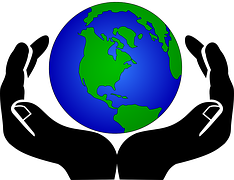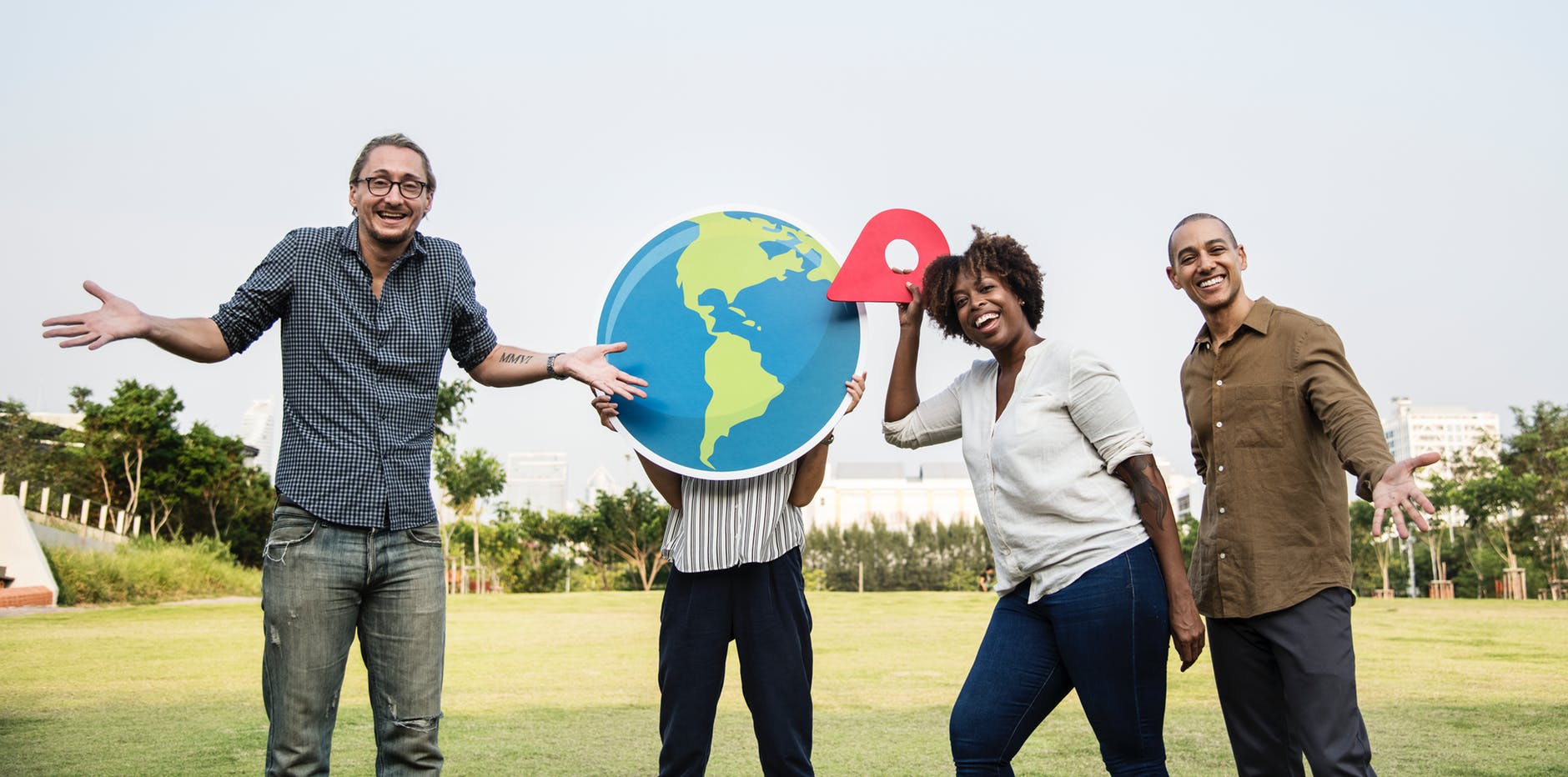Related Issue 1: To what extent should globalization shape identity?
Relate Issue 1: Globalization, My Community, and Me
To what extent should globalization shape identity?
Should Globalization Shape Identity?
Before you begin the lesson: Remember, you can use the Read Write for Google Chrome tool to help you get through the reading portion of the lessons! It looks like this: ![]() at the top right corner of your Chrome browser.
at the top right corner of your Chrome browser.
Here is a schedule for the Unit.

Throughout this course you will be given terms. Understanding bolfaced words will aid your understanding of the chapter issues. Take note- there will be a quiz on these terms!
globalization: a process by which citizens become more interdependent with increasing economic, political, and social contact with citizens beyond their border
This course is designed to increase your understandings about globalization. The word globalization exists in almost any language and is present in almost any discussion; whether about politics, economics, or even your music preferences. What is globalization and why are we talking about it so much? Globalization is considered by many people as a phenomenon of increased contact with and dependence on peoples and communities, close and far away. This contact can build alliances and economic relationships, share knowledge, and increase awareness of and familiarity with others in the world. Communication, transportation, and media technologies have rapidly advanced this contact in the twenty-first century. The impact of this increasing contact creates much debate.
People hold different perspectives on globalization. People whose lives are impacted negatively by aspects of globalization may oppose its ever increasing influence. People who connect a high quality of life to globalization may embrace it. Globalization originated when people travelled farther and farther beyond the borders of their own community in the interest of trade. More than goods and profits returned to the community.

Today, we see the influence of globalization in what we believe in, how we live our lives, how we think, how we dress, and what we eat and watch. Globalization also brings what is happening elsewhere closer to our own community. This connection to others in the world leads to key questions about citizenship and identity.
Who are we and what rights and responsibilities do we hold?
As we become increasingly interconnected and interdependent in a globalizing world, will we identify ourselves as citizens of the world and respond as global citizens?
What about our connection to our own community?
Will our identity and ways of life change because of globalization? Is it possible to retain our identities as Canadians and be global citizens?
Because of the many complexities of globalization, this is a challenging question for you to try to answer in this course.
To what extent should we embrace globalization?
Social Studies 10-1 © 2008 Alberta Education